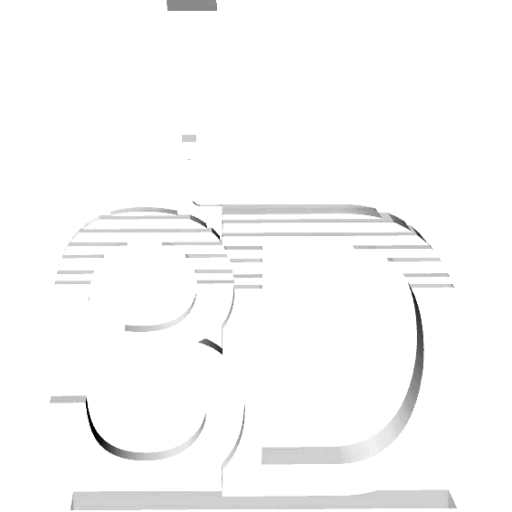The training proposal will not be limited to laboratory activities for students, but aims at activating a training program at various levels, in order to cover the entire course of studies. Moreover, events will be organized at a local level, addressed at the industrial world or at the local population.
The program will involve professors and researchers both from inside and outside University of Pavia and collaborators coming from partner companies.
The different levels of training that are currently assumed to provide:
Will be mainly addressed to university students and intended to carry out a extensive training activity on the issues of the project, given the importance of their knowledge at work. The seminars will be held both by teachers actively engaged on issues of the project, both from industrial partners, which may explain their activities and research lines in collaboration with the University. Moreover, it will be an important chance for companies to describe the working skills they demand and for students to better understand what knowledge is required for a specific job. As discussed before, the job market is start demanding skills regard rapid prototyping technologies and additive manufacturing: thus, following the paradigm of “Third Mission of the University”, that wants to maximise the benefit of the presence of the University on the local context, seminars will be organized not only for people from University.
In this context a great support comes from Historical Colleges of Pavia: in particular, Borromeo College, one of the most ancient and important colleges, has expressed its interest in supporting such informative activity. Prof. Auricchio already took a conference at Borromeo College on the topic of 3D Printing (Flyer).
Seminars primarily addresses at the corporate world, to inform on the expertise and technologies available at our university, as well as encourage close cooperation between companies and University. Those seminars will also create good chances for introducing young graduates in the job market.
Historical Colleges of Pavia will be the location of election for this divulgation activity.
Since the growing work market interest in additive manufacturing skills, academic programs will be proposed to provide a specialization on three of the main topics of the project:
- Computational Mechanics
- Additive Manufacturing
- Advanced Polymeric Materials
Project of 1 year MS: total of 60 formative credits (40 credits: lessons; 20 credits: lab training, internship or direct activities), 8 courses. Possible subjects to be scheduled are the following ones:
- CAD modelling and introduction to simulation
- Introduction to additive manufacturing technologies
- Metal printing materials
- Polymeric printing materials
- Fundamental of modelling
- Structural computational simulation
- Economical sustainability of additive manufacturing
- Patenting and intellectual properties
Other courses/subjects can be added; credit/course to be defined in terms of relevance/impact/needs. Courses to be defined with more details regarding possible course programs.
Knowledge acquired during courses is going to be focused on specific application areas and subjects during internship or direct activities.
Moreover, a PhD program on the topic of Additive Manufacturing will be included in the already active program in “Computational Mechanics and Advanced Materials”, offered by the DICAr.
Virtual Modeling and Additive Manufacturing
The course, started in the academic year 2015-2016, aims to provide the theoretical basis of 3D printing, in response to the growing demand from industrial, civil engineering, architecture and medical sectors. The course, organized in a series of seminars, includes basic lessons on additive manufacturing technologies and 3D printing materials, virtual modeling laboratories, a lecture on the impact of 3D printing technology on business models, and a focus on Fused Deposition Modeling machines, with a seminar held by the CEO of a 3D printing machine company.
Moreover, the course includes various examples of applications divided into two parallel didactic paths: one related to medicine and surgery applications and the other related to applications in the civil engineering-architecture sector.


